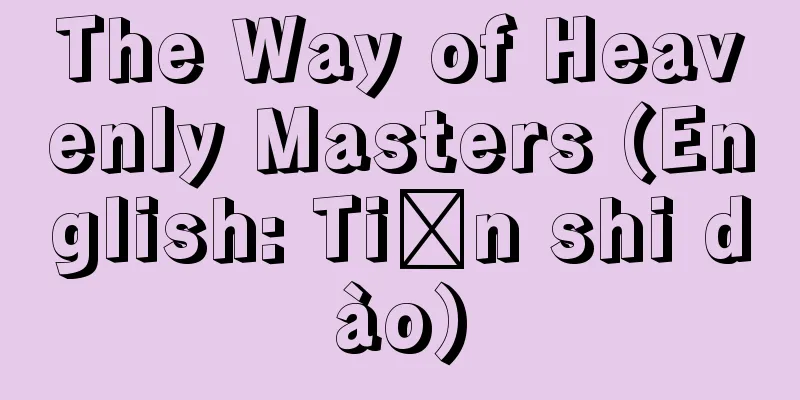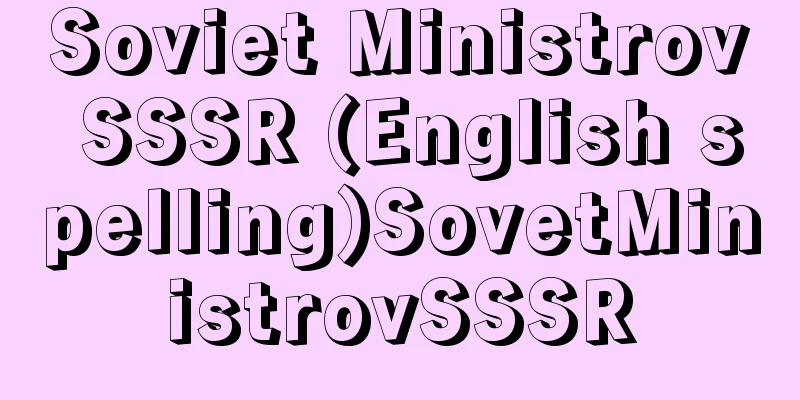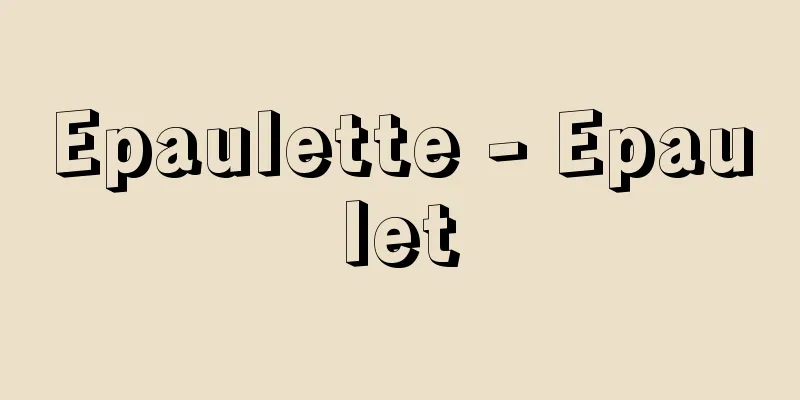Expected utility theory

|
A theory that posits that rational economic agents make decisions in situations where the outcome of their actions is uncertain, based on the expected value of the utility of the outcome. Around 1730, Swiss physicist D. Bernoulli attempted to explain the St. Petersburg Paradox, which states that no one is willing to pay a large amount of money to participate in a gamble where the expected value of the gain is infinite, by using the hypothesis that people have a utility function with diminishing marginal utility for money, and that they base their decisions on the mathematical expectation or expected utility of the utility that a gamble will bring, rather than the mathematical expectation of the gamble itself. Source: Heibonsha World Encyclopedia, 2nd Edition Information |
|
行動の帰結が不確実な状況における合理的な経済主体の判断は,結果に関する効用の期待値に基づいてなされるとする理論。1730年ごろスイスの物理学者D.ベルヌーイは,利得の期待値が無限大である賭であっても,実際にはそれに大金を払って参加しようとする者はいないという〈セント・ペテルブルグの逆説〉を,人は貨幣に関して限界効用が逓減する効用関数をもっており,賭の数学的期待値ではなく,賭のもたらす効用の数学的期待値あるいは期待効用を判断の基準とするという仮説によって説明しようとした。
出典 株式会社平凡社世界大百科事典 第2版について 情報 |
>>: Onomatopoeia - Onomatopoeia
Recommend
Emecheta, B. - Emecheta
…However, the movement to redefine popular histor...
Kanayama Kofun
<br /> A twin circular tumulus located in Se...
Davies, J.
…It was produced mainly in the United States and ...
Telephone subscription rights - denwakanyuken
The right for NTT (Nippon Telegraph and Telephone ...
Letter of consent - Wayojo
A contract that was exchanged when a settlement w...
Bardi family - Bardike (English spelling) Bardi Italian
A representative family of merchants and bankers ...
Revenge - retaliation
It is also called "adauchi" and usually...
Hemp mosquito net - Asagaya
…Onmyoji would choose auspicious days to hang mos...
Murasaki Shikibu Collection
Murasaki Shikibu's personal collection of poem...
Massimo d'Azeglio
1798‐1866 Italian politician. In his youth he aspi...
Kjeldahl, JGC (English spelling) KjeldahlJGC
...The nitrogen volume is converted to weight to ...
Wilson's theorem
The theorem proposed by the British mathematician ...
Biopolymer - Solidago sativa
Polymers that make up living organisms. These inc...
Seedless fruit (seedless fruit) - tanenashikajitsu
A seedless fruit produced by parthenocarpy. Genera...
Whipschizomid
...A general term for arthropods belonging to the...









